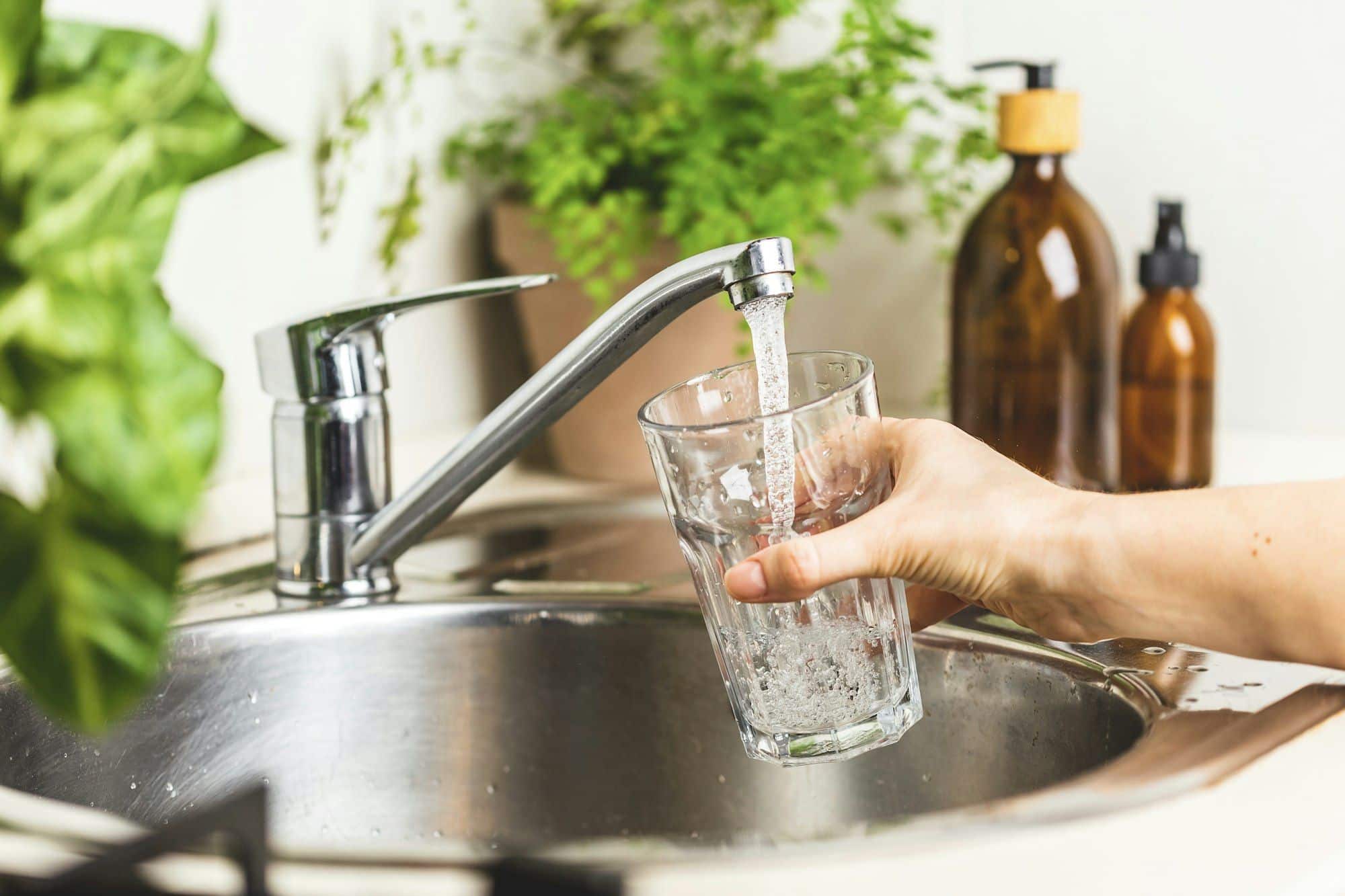Proper hydration significantly influences elderly wellness, affecting cognitive function and overall health. Structured water intake plans can enhance hydration strategies, creating a tailored approach to meet individual needs. These personalized plans not only improve mental clarity but also empower seniors to take control of their wellbeing. Discover how thoughtful hydration can unlock brain power and foster better quality of life for older adults. Embrace this unique perspective to advance understanding and care for the elderly.
Importance of Hydration in Elderly Wellness
Maintaining proper hydration is crucial for elderly wellness, impacting both physical and mental health. As we age, our body's ability to conserve water diminishes, making older adults more susceptible to dehydration. This can lead to a host of health issues, including impaired cognitive function.
Topic to read : Unlocking Relief: The Impact of Cold Therapy on Multiple Sclerosis Flare-Up Symptoms
Cognitive function relies heavily on adequate hydration. Dehydration can cause confusion, memory issues, and decreased mental acuity, significantly affecting the quality of life in older adults. Ensuring proper fluid intake can enhance cognitive abilities, promoting better brain health and reducing the risk of cognitive decline.
However, older adults often face unique hydration challenges. A diminished sense of thirst, medications that increase fluid loss, and mobility issues can all contribute to inadequate fluid intake. Additionally, some may avoid drinking water to reduce frequent trips to the bathroom, inadvertently increasing their risk of dehydration.
In the same genre : Exploring the Lasting Cognitive Effects of Childhood Leukemia Therapies: An In-Depth Analysis
Addressing these challenges requires a proactive approach. Encouraging regular fluid consumption, offering hydrating foods, and monitoring fluid intake can help mitigate these issues. By prioritising hydration, we can support elderly wellness and foster a healthier, more vibrant ageing process.
Understanding Structured Water Intake Plans
Structured water intake plans are designed to ensure that elderly individuals maintain adequate hydration levels consistently. These plans are comprehensive health strategies that involve scheduled water consumption, tailored to meet the specific needs of older adults. They consider factors like medication schedules, mobility restrictions, and individual health conditions.
Evidence supports the effectiveness of structured water intake in elderly care. Studies show that following a structured plan can significantly reduce the risk of dehydration-related complications, such as urinary tract infections and cognitive impairments. By adhering to a predetermined schedule, seniors are more likely to consume the necessary fluids throughout the day, even if their sense of thirst is diminished.
Unlike general hydration advice, which typically suggests drinking a certain number of glasses per day, structured water intake plans are customised. They incorporate individual health assessments and daily routines, ensuring that fluid consumption is both practical and achievable. This personalised approach helps in overcoming common hydration challenges faced by the elderly, promoting better overall health and well-being.
Structured water intake plans thus serve as an essential component of elderly care, addressing specific needs and facilitating a proactive approach to maintaining optimal hydration.
Evidence-Based Recommendations for Water Intake
Understanding the water intake guidelines for older adults is essential for promoting their overall health and well-being. Scientific research indicates that older adults should aim for a daily water intake of about 1.7 litres (or approximately 7 cups). This recommendation accounts for the body's reduced ability to conserve water with age.
Research Insights
Scientific studies have consistently linked adequate hydration to improved cognitive function in the elderly. Staying hydrated can help maintain mental sharpness, reduce confusion, and support memory retention. These findings underline the importance of regular fluid consumption as part of elderly nutrition.
Influencing Factors
Several factors influence water needs in the elderly. These include:
- Medication use: Some medications may increase fluid loss, necessitating higher water intake.
- Health conditions: Conditions like diabetes or kidney disease can alter hydration requirements.
- Environmental factors: Hot weather or increased physical activity can also affect the amount of water needed.
By considering these factors, personalised water intake plans can be developed to ensure that older adults meet their hydration needs effectively. This tailored approach helps mitigate the risk of dehydration and its associated health complications.
Practical Implementation of Water Intake Plans
Implementing effective daily hydration strategies is vital for maintaining elderly health. Creating a structured water intake schedule can be a practical solution. Start by assessing the individual's daily routine and health needs. Incorporate water breaks at regular intervals, such as before meals and medication times, to ensure consistent fluid intake.
To support these efforts, utilise tools and techniques designed for tracking and reminding. Smartphone apps or hydration alarms can be set to alert individuals when it's time to drink water. Additionally, using visual aids like charts or stickers on water bottles can serve as practical reminders.
Engaging caregivers and family members plays a crucial role in successful implementation. They can assist in monitoring fluid intake, provide encouragement, and adjust the plan as necessary. Collaborative efforts ensure that the elderly feel supported, making it easier to adhere to their hydration schedule.
Consider the use of hydration-friendly containers that are easy to handle and measure fluid levels accurately. This approach not only simplifies tracking but also makes the process more engaging for older adults. By integrating these strategies, maintaining optimal hydration becomes a manageable and sustainable part of daily life.
Case Studies and Testimonials
Structured water plans have shown significant promise in enhancing elderly health. Success stories abound, illustrating the tangible benefits of these tailored hydration strategies. For instance, a study conducted in a senior living community revealed that residents following structured water intake plans experienced improved cognitive function and reduced occurrences of dehydration-related ailments.
Testimonials from Caregivers and Healthcare Professionals
Caregivers and healthcare professionals frequently observe positive transformations. One caregiver noted, "Implementing a structured plan has made a noticeable difference in my patient's alertness and mood." Such testimonials underscore the profound impact these plans can have on daily life.
Evaluating the Impact
The effectiveness of structured water plans extends beyond physical health. Enhanced hydration contributes to better cognition, as seen in numerous case studies. Seniors adhering to these plans report increased mental clarity and a more vibrant lifestyle. The structured approach ensures that fluid intake is consistent, addressing the unique challenges faced by the elderly.
These case studies and testimonials collectively highlight the critical role of structured water intake in promoting elderly wellness. They serve as compelling evidence of the value these plans bring to the lives of older adults.
















